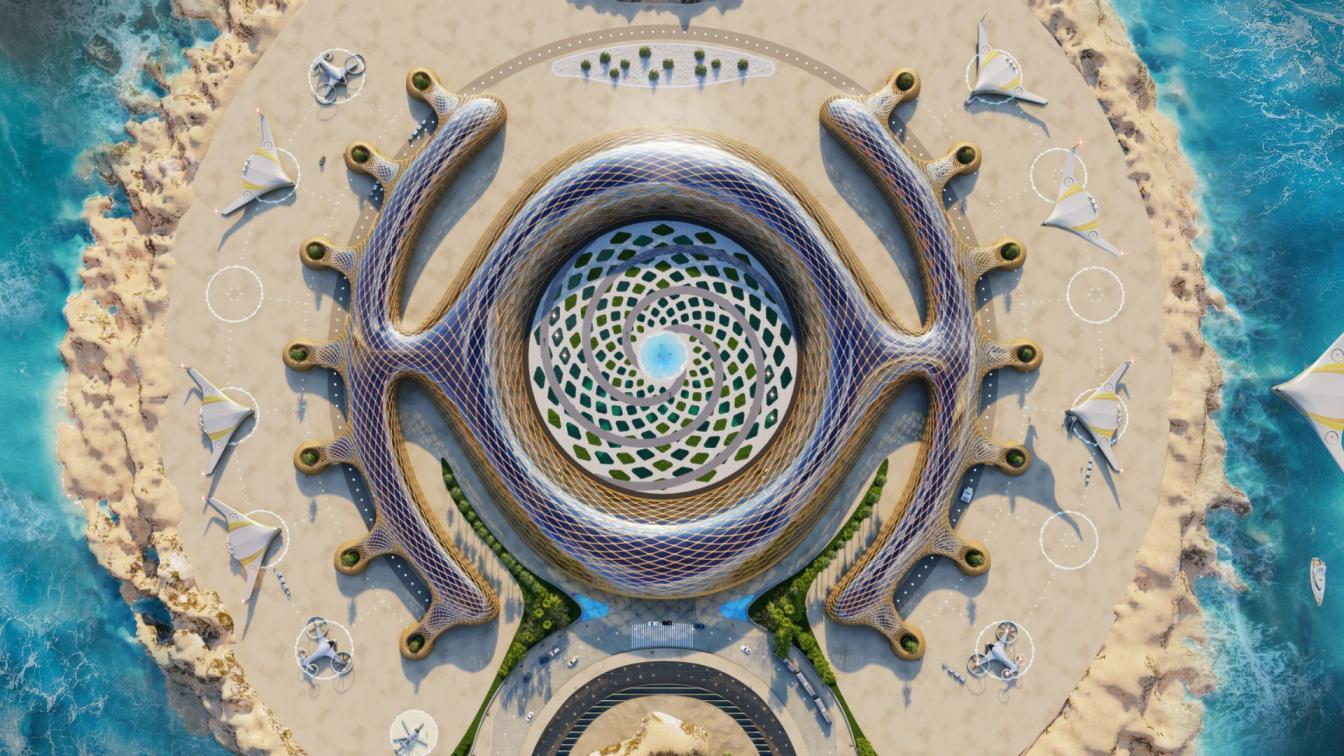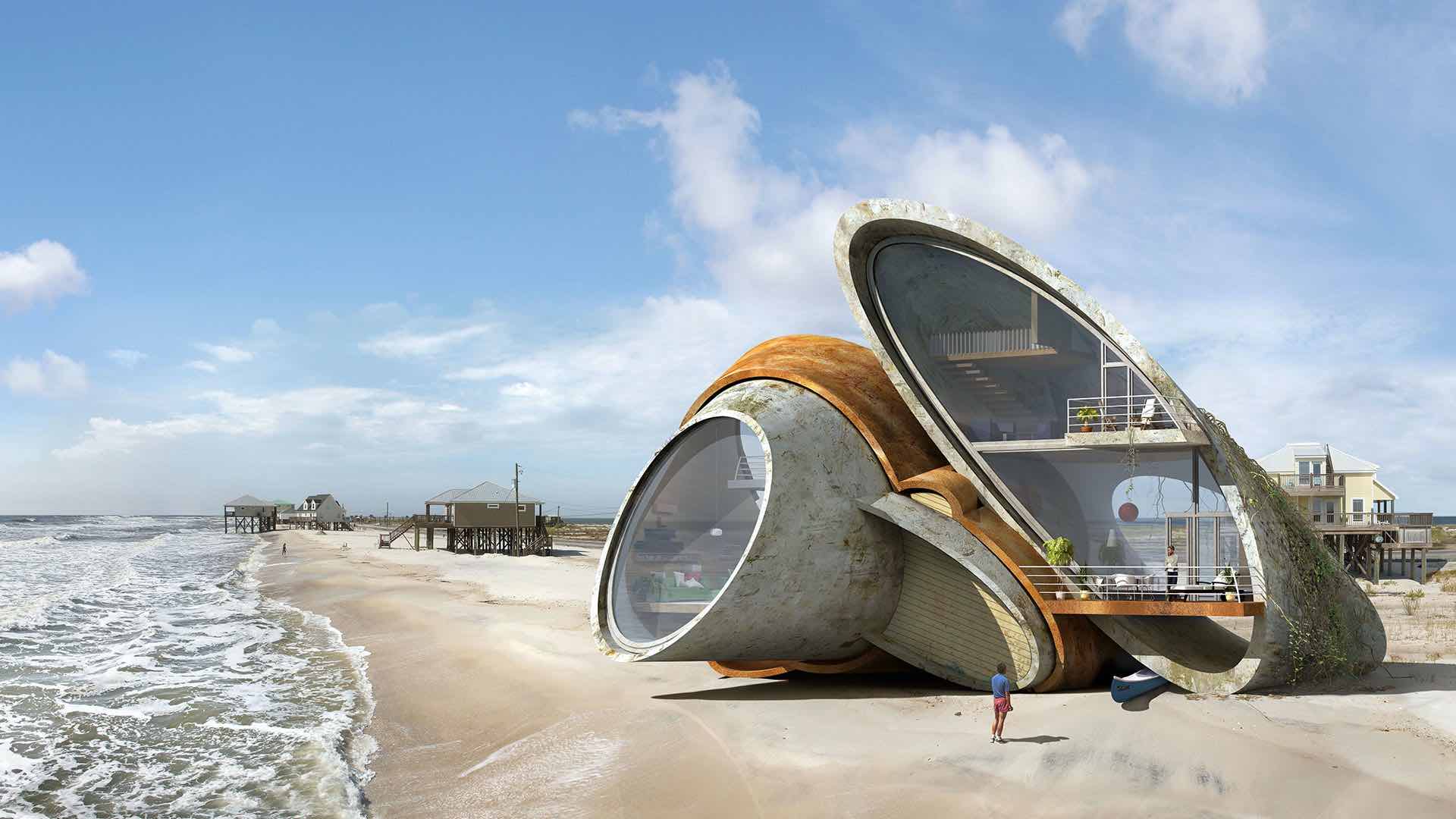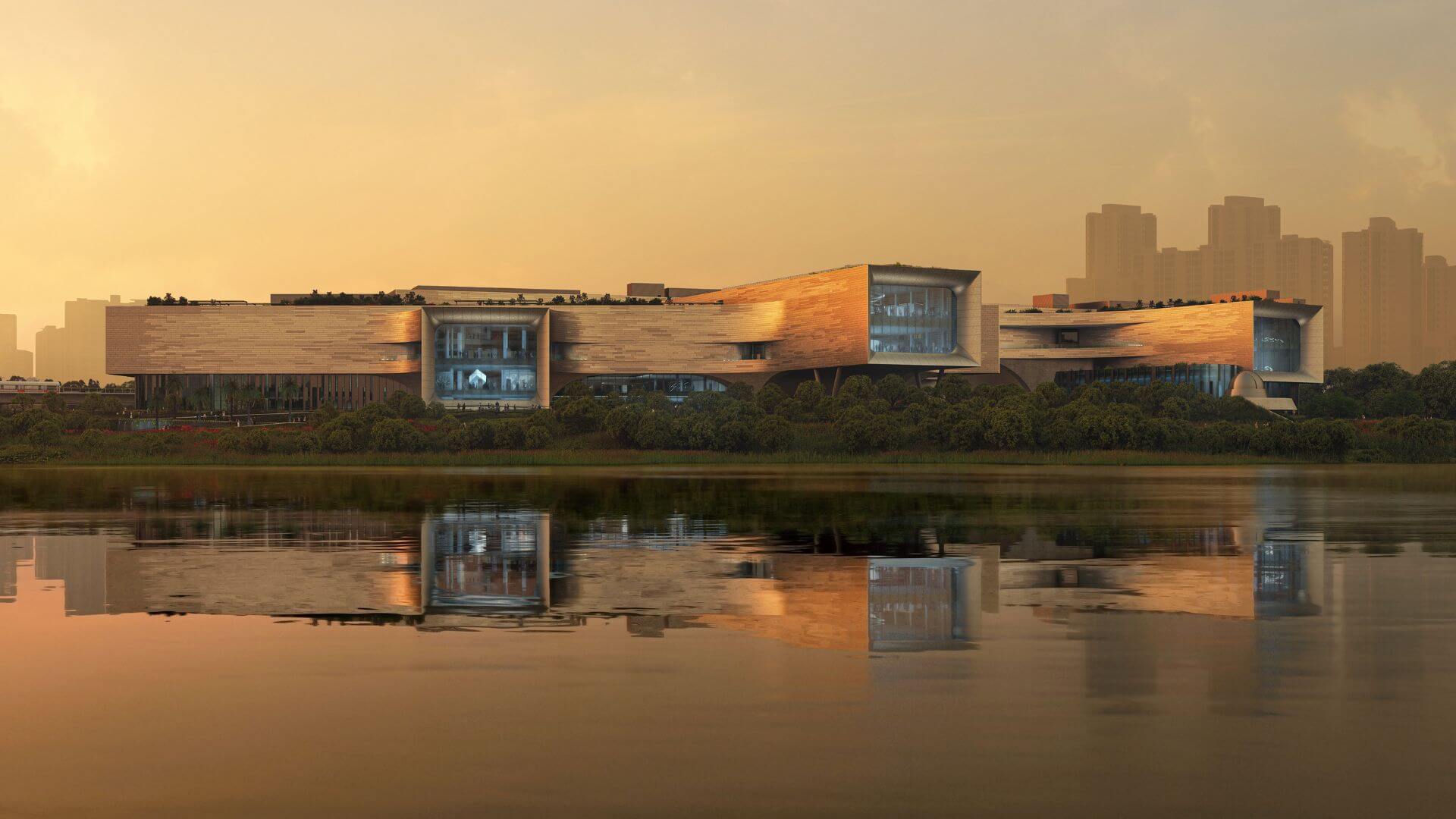GAS Architectures: A vertical airport, also known as a Vertical Takeoff and Landing (VTOL) airport, can play a significant role in enhancing communication and transportation in the Maldives. The Maldives is an archipelago nation composed of over a thousand islands scattered across the Indian Ocean. Its unique geography, with many small and remote islands, presents challenges for traditional transportation infrastructure like airports and seaports. Here's how a vertical airport could improve communication and transport in the Maldives:
Accessibility to Remote Islands: The Maldives has many remote islands that are challenging to reach due to their small size or lack of infrastructure. A vertical airport could overcome these limitations by providing a designated landing space for VTOL aircraft, allowing people to easily access these remote areas. This would enable the development of tourism, increase economic opportunities, and improve the quality of life for the residents of these islands.
Enhanced Connectivity: A vertical airport would provide improved connectivity between various islands in the Maldives. It would allow people to travel quickly and directly between islands that are currently difficult to access due to limited transportation options. This would enhance trade, tourism, and cultural exchange between different parts of the country.
Faster and More Efficient Transport: Vertical airports would facilitate faster transportation by eliminating the need for intermediate stops and transfers. Traditional airports often require passengers to travel by boat to reach their final destination, which can be time-consuming and inconvenient. With a VTOL airport, people can fly directly from one island to another, reducing travel time significantly.
In summary, a vertical airport (VTOL) in the Maldives would significantly improve communication and transportation by enhancing connectivity, reducing travel time, increasing accessibility to remote islands, facilitating emergency services, and potentially offering environmental benefits. It has the potential to transform the way people and goods move within the archipelago, fostering economic growth, and improving the overall quality of life for the people of the Maldives.




















